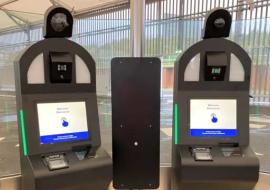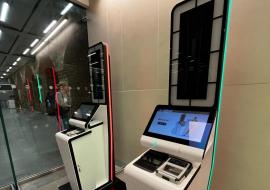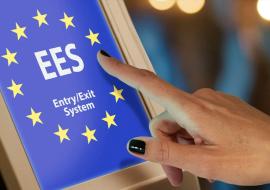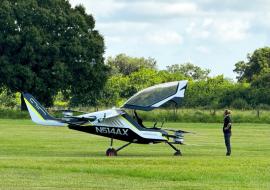IATA Unveils Key Design Elements of Travel Pass
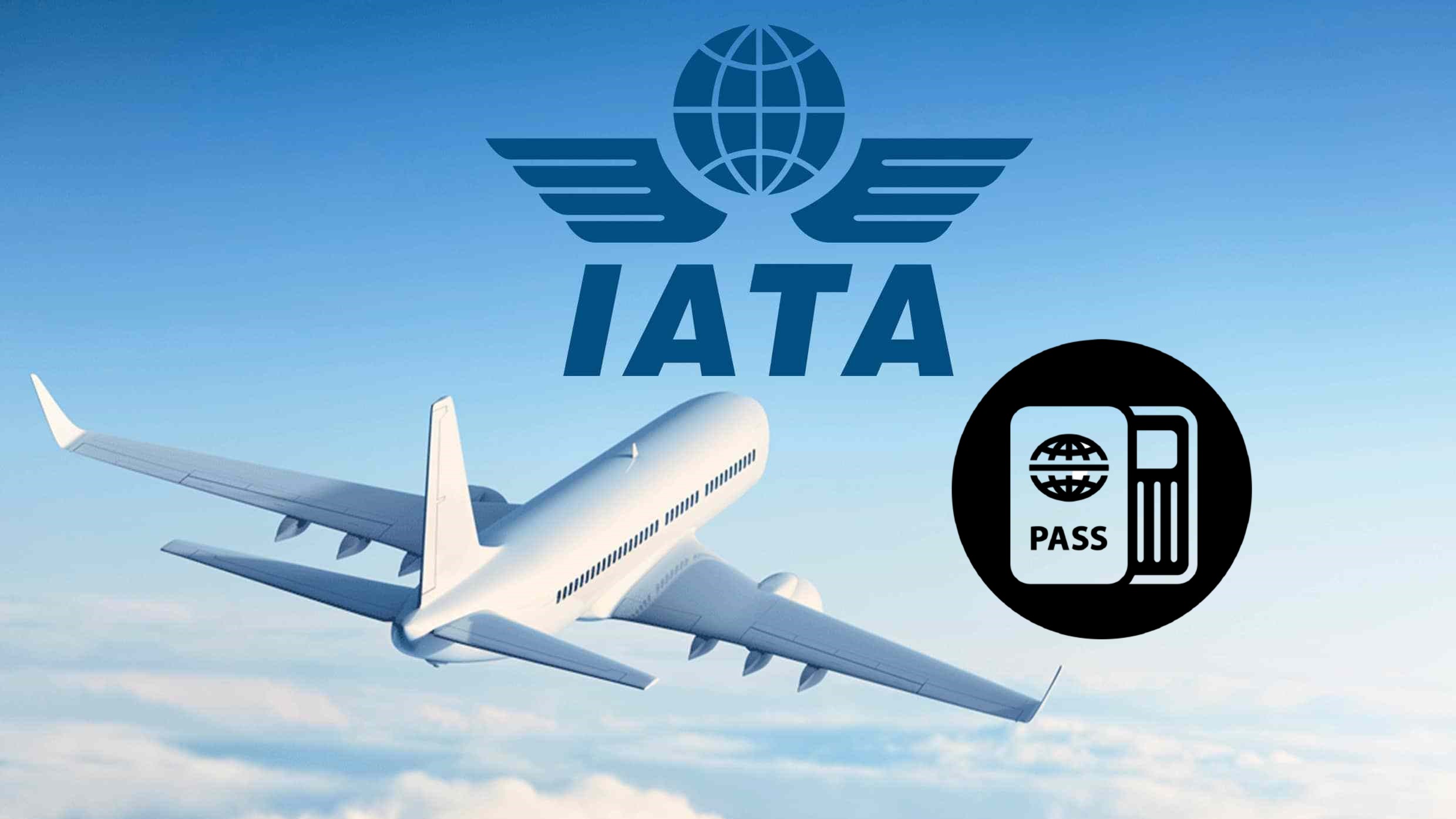
IATA has unveiled key design elements of its Travel Pass mobile app, which has been created to help travelers easily and securely manage their travel in line with any government requirements for COVID-19 testing or vaccine information.
The IATA Travel Pass stores encrypted data including verified test or vaccination results on the mobile device of the traveler. The traveler controls what information is shared from their phone with airlines and authorities. No central database or data repository is storing the information.
By keeping travelers 100% in control of their information, the highest standards for data privacy are ensured. IATA Travel Pass is also built on the highest standards of data protection laws, including General Data Protection Regulation (EU GDPR).
Technically, the app is being built in accordance with Self-Sovereign Identity (SSI) principles. The IATA Travel Pass is scheduled for release early in the first quarter of 2021 for Android and for iPhone. For iPhones, it will use the “Secure Enclave” features of Apple devices and a similar security encryption technology for Android.
Until a COVID-19 vaccine is widely available to the general public, the priority is on COVID-19 testing. Laboratories have well-established safety standards for managing and verifying test results to individuals. IATA is partnering with selected and established laboratories to securely link their test results with the verified identity of the IATA Travel Pass holder.
Convenience and biosafety will be enhanced with integration into contactless travel processes. The ICAO CART recommendations for biosafety include the use of contactless travel processes to reduce the risk of virus transmission when documents need to be exchanged in the travel process.
The industry has been developing contactless travel processes as part of a One ID transformation program for several years. The IATA Travel Pass digital identity management module uses the well-developed principles of One ID (which are, in turn, based on ICAO standards).
For the passenger this means that the IATA Travel Pass will also unlock the potential for convenient contactless travel processes from check-in to boarding. As such, while the need for COVID-19 information verification may eventually disappear when we overcome the pandemic, IATA Travel Pass, however, will remain as a bold step forward in the implementation of contactless travel.
IATA is developing the IATA Travel Pass in four independent modules that can interact with each other.
These modules will cover registries for regulatory entry requirements and labs/test centers, verified certificate issuance, digital identity and the possibility for passengers to share their tests results along their journey via their mobile device. Open standards enable the modules to be used as one solution or to complement capabilities being developed by other solutions providers.
IATA’s Timatic offering is a foundational element of the IATA Travel Pass. For decades it has provided reliable entry requirement information to airlines and travellers. Integrating Timatic into the IATA Travel Pass entry requirements registry model brings with it an established process for the global collection, verification, updating and distribution of this information.








